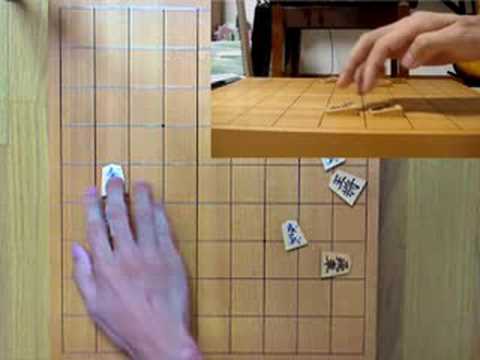Not off the top of my head, maybe Leebo does, since mnemonic devices for kids are common. But you can search things like 漢字 語呂合わせ or 記憶術
I’ve never heard it either (but then again, I don’t have enough exposure to the language, so I have never heard most things). I just randomly found it while looking up other stuff.
Jisho defines 囲む as to play go, shogi, etc. While surround works great for go, how much surrounding is really going on in shogi? Maybe if you think of 囲む as Jisho’s second definition, to besiege… But that’s too general. That works for most strategy games. It becomes a less interesting explanation for go. But if that happens to be the truth, then that’s too bad but what can you do…
I am now convinced that the usage of 打つ with go has more to do with gambling than the way the stones are placed. Of course, I like the explanation I came up with much more, but if I had to gamble on which one is true, then… again, it’s too bad but what can you do…
I am currently watching 3月のライオン. From that show I learned that さす is “to play shogi”. I was secretly hoping you would spell it 刺す since the shogi pieces are pointy and you place the pieces on the board with the pointy end first… So you sort of stab the board with the shogi pieces.
Edit: I better add this before everyone starts correcting me. When you place a shogi piece at full speed, you smack it like a go stone, but when you do it slowly the pointy end hits the board first. Like in this demonstration
In Shogi 囲い are what the castles / defenses are called, such as 櫓囲い、美濃囲い. So in the sense of building a defense you can use it. 大辞泉 does still mention it can be used for Go, Shogi, Mahjong. So in this case it’s not just Jisho being ridiculous.
Maybe more common than you realize:
“Hit the sack” (go to bed)
"Hit the road (Go somewhere)
“Hit the books” (study)
“Hit the gas” (accelerate)
I wonder if Japanese is so completely slang-based as most common American English (only because i can’t speak with any authority about other countries…though British English seems so full of non-American slang as to be decipherable to many of us here across the pond).
I’m a bit late to the party, but where can I find mnemonics like this online? (I’m assuming they are not WK mnemonics. If they are just point out my ignorance gently please!)
今日 isn’t ateji, is it? I thought ateji meant the use of kanji for their sound (reading) rather than their meaning. The meaning of the kanji in 今日 (“now day”) seems right on point.
There are multiple definitions of ateji. One is the exclusive one you’re mentioning there, and another is the inclusive one that also covers that category where the meaning but not the sounds are used. The word for that meaning-usage category is 熟字訓 (jukujikun).
Another word that similarly confuses people with its multiple scopes is 熟語 (jukugo). The definition of this in a linguistic sense is just any word that is made of multiple kanji, regardless of how many kanji are in it or what the meaning is. But if you say “jukugo” to the average Japanese person, they are going to think of idiomatic kanji compounds.
Just searching for something like 記憶術 or 語呂合わせ will help you find some. The later is used in school as well to remember things like dates like いい国を作ろう鎌倉幕府 because いい国 is 一一九二
Interesting. Is jukugo limited to words that are all-kanji, or can it apply to words with multiple kanji plus some kana?
いくよていです。**
Stands for want to
いくよていです。
Stands for its happening right now like “going”
Is this correct?
Is there a difference between
今日は男友だちとパチンコを打ちにいくよていです。
and
今日は男友だちとパチンコを打ちにいくていです。
no.
よてい = 予定 = a plan
so the whole sentence:
今日は as for today
男友たちと with male fiends
パチンコをにいく go to play pachinko (attributive)
よていです plan is.
This topic was automatically closed 365 days after the last reply. New replies are no longer allowed.
